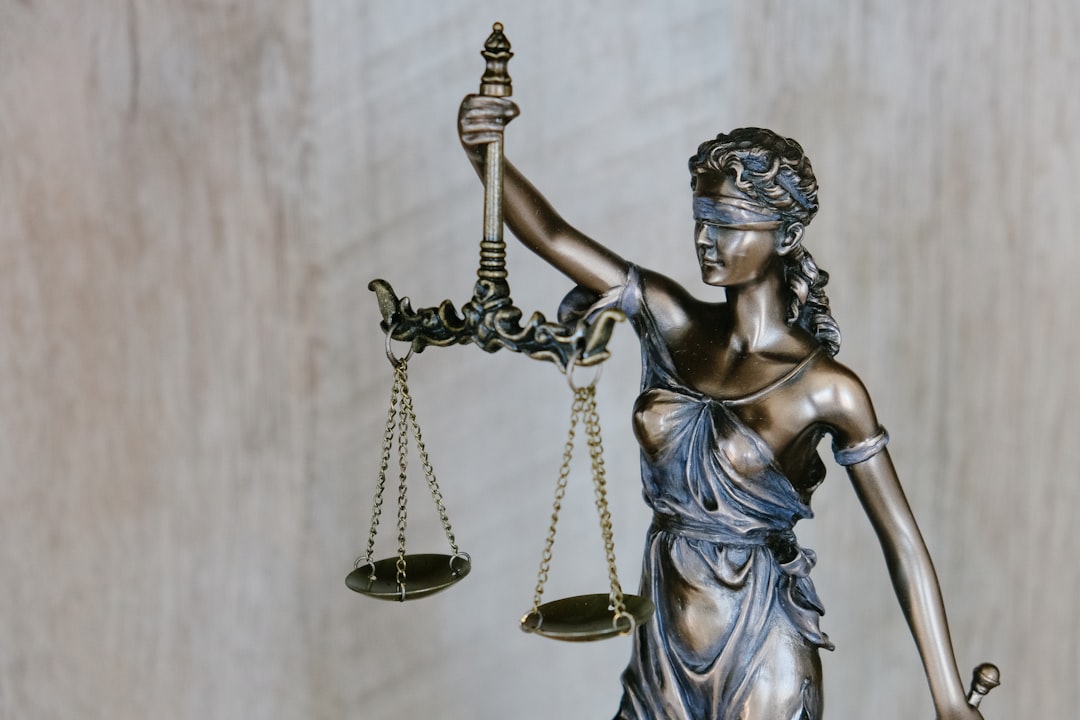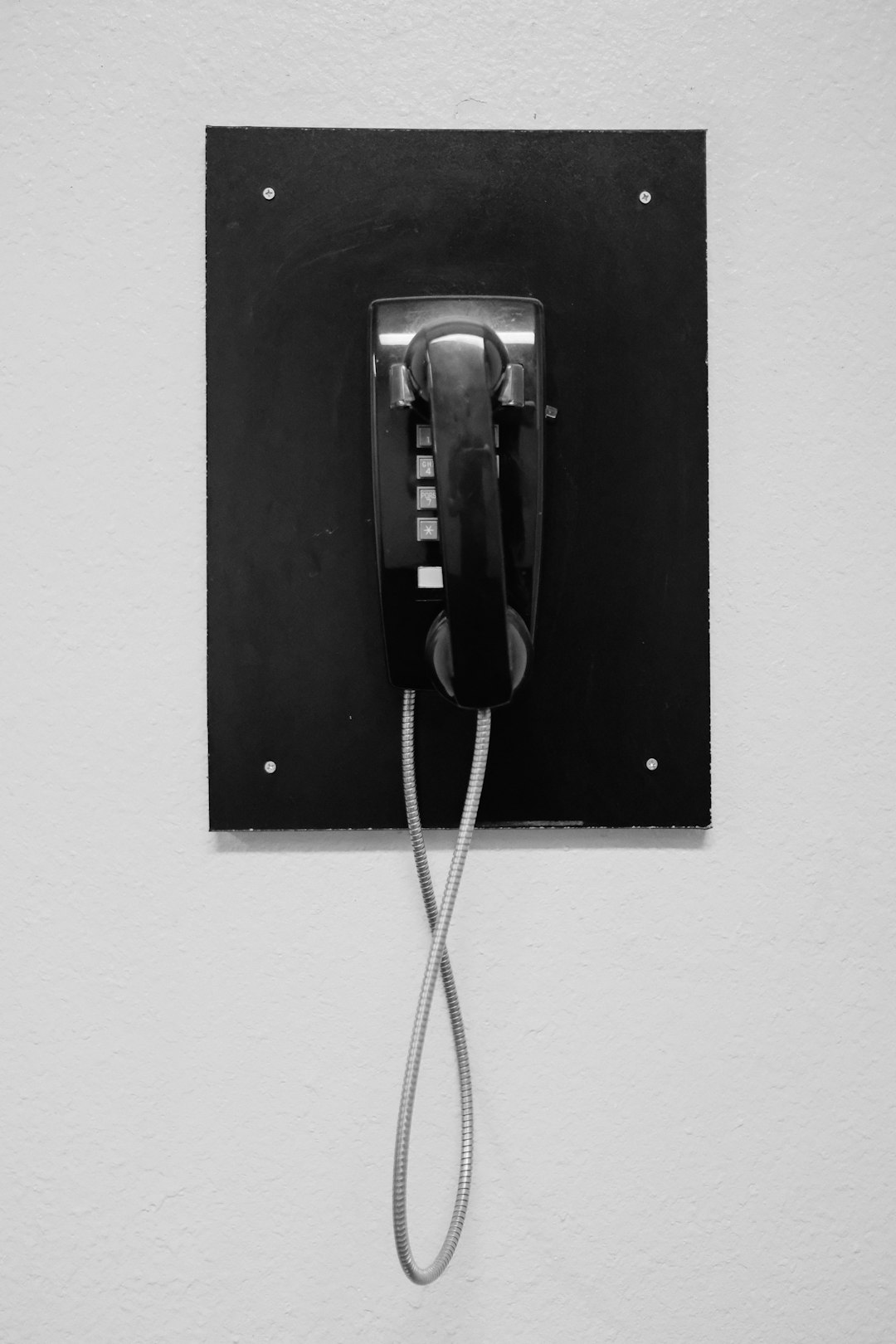New York City's stringent TCPA regulations protect consumers from unwanted calls and texts. Businesses operating in NYC or targeting NYC consumers need expert guidance from a TCPA law firm to avoid substantial fines. These firms offer education on compliance, drafting consent forms, and strategic advice to ensure businesses adhere to TCPA laws and protect themselves from lawsuits. Key measures include explicit consent for automated calls, call tracking systems, avoiding Do Not Call Registry numbers, and staff training.
“Navigating New York City’s TCPA regulations is crucial for businesses aiming to avoid costly lawsuits. This article serves as a comprehensive guide, breaking down complex TCPA laws specific to NYC. We explore essential aspects, including what business owners need to know and practical steps to protect against TCPA claims. Understanding these regulations is vital for ensuring compliance and mitigating potential legal risks in the vibrant but litigious environment of New York City. For tailored advice, consider consulting a reputable TCPA law firm New York.”
Understanding New York City's TCPA Regulations

New York City, a bustling metropolis, has its own set of regulations concerning the Telephone Consumer Protection Act (TCPA). These local laws complement the federal TCPA guidelines, providing residents with enhanced protection against unwanted telephone solicitations and robocalls. Understanding these regulations is crucial for businesses and individuals alike, especially those operating within or targeting New York City consumers.
A TCPA law firm in New York can offer invaluable guidance on navigating these complex rules. The act restricts the use of automated dialing systems and prerecorded messages without prior express consent. It also prohibits certain types of text message marketing. Compliance is essential to avoid substantial fines, which can significantly impact businesses. Therefore, staying informed about New York City’s TCPA regulations is a vital step in ensuring legal and ethical practices in telemarketing and customer communication.
What Businesses Need to Know About TCPA Law Firm New York

In the dynamic landscape of New York City, businesses must be aware of their obligations under the Telephone Consumer Protection Act (TCPA). A TCPA law firm in New York plays a pivotal role in navigating this intricate legislation, ensuring compliance and safeguarding against potential legal repercussions. The TCPA was enacted to curb abusive telephone marketing practices, protecting consumers from unwanted calls and text messages.
For businesses operating within the city, understanding the scope of the TCPA is essential. This federal law prohibits automated or prerecorded calls to cellular phones without explicit consent, with exceptions for specific types of communications like certain health-related messages. A reputable TCPA law firm in New York can educate businesses on best practices, help draft consent forms, and provide strategic guidance to minimize the risk of violating these stringent regulations. Staying informed and proactive is key to avoiding costly legal disputes and maintaining a positive relationship with New York’s consumer protection agencies.
Protecting Yourself From TCPA Lawsuits in NYC

Protecting yourself from TCPA lawsuits in New York City involves understanding and adhering to stringent regulations governing telemarketing and automated calls. A TCPA law firm in New York can guide you on how to ensure your business practices comply with these laws. One crucial step is obtaining explicit consent from recipients before making any automated or prerecorded calls, which includes text messages and emails with marketing content.
Additionally, it’s essential to implement robust call tracking systems to monitor who is receiving your calls and when. This enables you to quickly identify and rectify any potential breaches. Avoiding calls to numbers on the National Do Not Call Registry and ensuring comprehensive training for your staff on TCPA compliance can also significantly reduce the risk of lawsuits.






